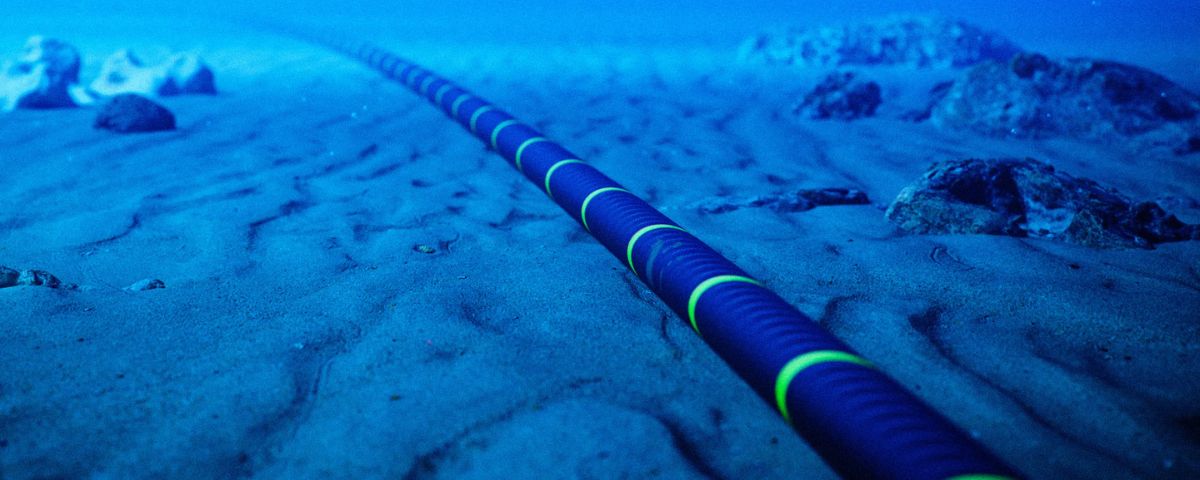
The European Commission has released recommendations aimed at enhancing the security and resilience of submarine data cables, proposing that private finance should drive projects aimed at expanding capacity, with government assistance if required. These recommendations, outlined alongside a white paper analyzing Europe’s digital infrastructure needs, urge member states to undertake tasks like regular stress testing and information sharing to bolster security. While no detailed procedures are outlined, the strategy emphasizes the need for EU members to pay closer attention to submarine infrastructure and possibly assist in funding critical projects.
Highlighting the increasing reliance of European economies and societies on the internet and international connectivity, the Commission underscores the significance of submarine cable infrastructure, which carries the vast majority of international data traffic. However, it also points out the vulnerability of this infrastructure to sabotage and tampering, particularly underscored by Russia’s actions in its conflict with Ukraine and suspicious monitoring activities by Russian vessels, as evidenced off the Irish coast.
The recommendations call for EU member states to ensure adequate management and control of the infrastructure to protect it from external threats. This includes conducting risk assessments on the cybersecurity and physical security of submarine cables, enforcing security obligations on suppliers and operators, and expediting applications related to submarine cable infrastructure.
Furthermore, the Commission seeks to identify strategic projects known as Cable Projects of European Interest (CPEIs) to enhance capacity. These projects may receive support through EU programs and national funds to establish new connections and fill strategic gaps. While the Commission emphasizes private financing for CPEIs, it encourages member states to consider contributing, in line with state aid rules, where necessary and appropriate.



